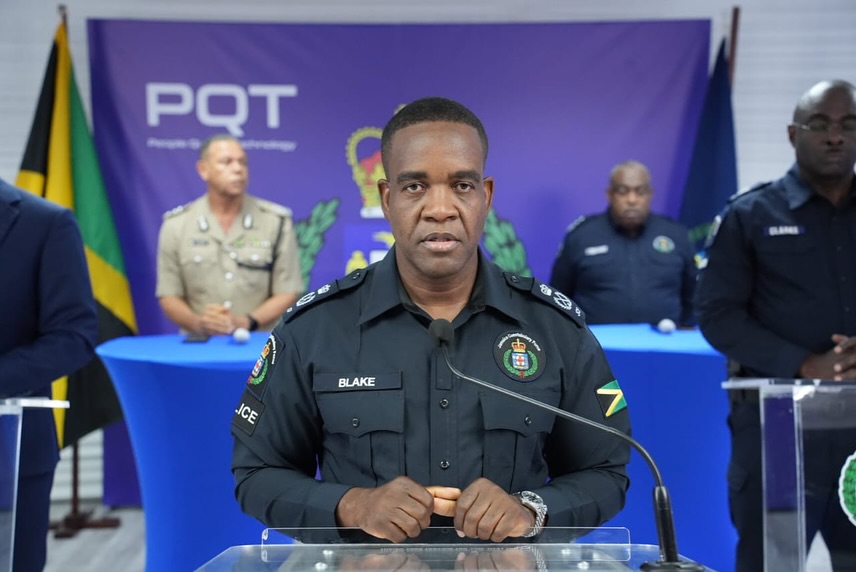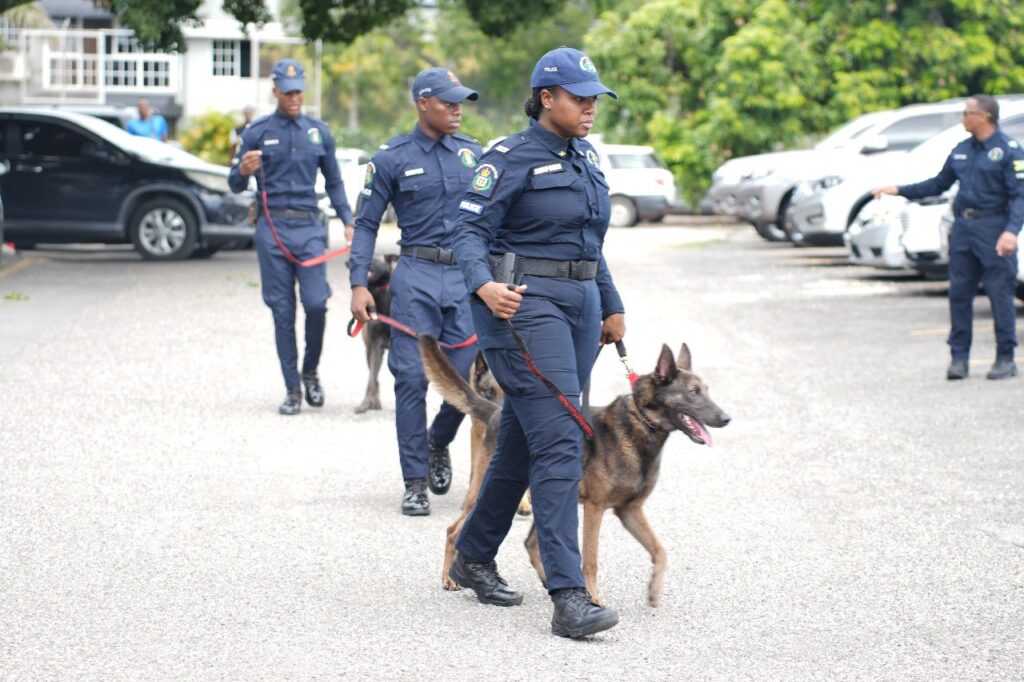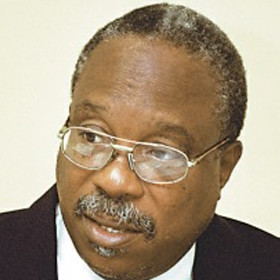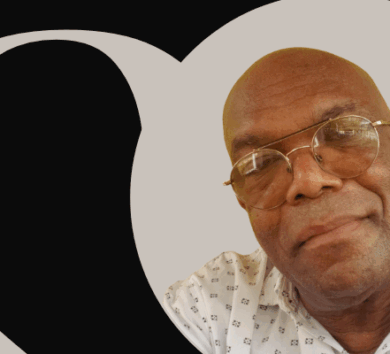

From the Police High Command
Jamaica is at a critical juncture in its fight against crime. In his recent address to the members of the Jamaica Constabulary Force through the weekly Force Orders, Police Commissioner Dr Kevin Blake presents a compelling reflection on the country’s crime reduction strategies.
His words, layered with both optimism and caution, deserve careful attention—not just by the police, but by everyone who calls this island home. The Commissioner’s first point, underscored by recent crime data, is clear: we are seeing progress. “Today we are at a 17.3 per cent reduction in murders and 13.5 per cent reduction in major crimes overall,” he notes, adding that “every single major crime is seeing a reduction.”

These numbers are more than statistical milestones as they represent lives saved, communities made safer, and a shift in the way law enforcement is addressing violent crime. Yet, as encouraging as these figures are, they should be met with both celebration and reflection. As Dr Blake rightly observes, “If we take credit for the reduction in crime—which we should—we must also assume a major part of the responsibility when it is increasing.”
This is perhaps the most profound statement in his column. Crime trends are not static, and while the police play a crucial role in managing crime, the broader ecosystem of public safety extends beyond law enforcement. Crime is a reflection of deeper social, economic, and cultural issues that require a holistic, multi-agency approach. The Commissioner’s reference to the National Coordinated Road Block (NCRB) strategy is particularly relevant here.
This strategy, designed to reduce violent crimes and public disorder by targeting crime hotspots, is undoubtedly effective. “It is important that you understand the significance of the National Coordinated Road Block (NCRB) to the reduction of violent crimes and public disorder,” Dr Blake emphasizes.

The deliberate occupation of critical spaces is a crucial part of the strategy, but it must be viewed as part of a larger tapestry of crime reduction. Policing in isolation cannot dismantle the social structures that produce crime. As we applaud these efforts, we must also ask ourselves: How do we create sustainable conditions in these hotspots so that, when the police leave, crime does not return? Commissioner Blake’s remarks on deployment strategies offer further insight into this.
“You must be aware that you being deployed in a crime hotspot during a tour of duty… is not just a deployment for an eight-hour tour of duty,” he notes. Here, the Commissioner challenges his members to think beyond their immediate duties and view their role as part of a larger strategy of public safety. But this challenge must extend beyond the force itself. It is a call to the rest of us— government agencies, community leaders, and citizens—to rethink our role in crime prevention.
How can we ensure that the work done during those “eight-hour tours” has a lasting impact on our communities? The establishment of the Area Fugitive Apprehension Team (AFAT) and the Quick Response (QR) Teams represents another strategic move by the JCF.

“The establishment of our Area Fugitive Apprehension Team (AFAT) was in response to the large number of perpetrators of violent crimes for whom case files have been completed and are wanted for arrest,” Dr Blake explains. These units are specifically designed to apprehend violent offenders and disrupt criminal networks, including those using motorcycles to commit crimes.
However, while these teams tackle the symptoms of violent crime, we must remain focused on addressing the causes. The underlying conditions—poverty, lack of education, unemployment—that fuel the cycle of violence cannot be ignored if we are to make lasting progress. Dr Blake also reminds us that crime reduction is not merely about enforcement; but also about perspective. He shared a fable of three men working in a quarry, each with a different understanding of his role. “The first man said, ‘I am breaking rocks because that is what I get paid to do.’

The second man said, ‘I am helping to build a wall.’ The third man responded by saying, ‘I am a major stakeholder in the building of the most magnificent cathedral known to man.’” The Commissioner’s point is simple but profound: the way we perceive our role in the fight against crime shapes our impact. Officers should see themselves not just as enforcers but as builders of safer, stronger communities. And in the same vein, every citizen should view themselves as a stakeholder in Jamaica’s public safety. This shift in mindset is crucial.
As Dr Blake points out, “It is important that you take the time to brief yourself frequently on the content of your Divisional plans and try to make the link with what you do each day.” His message is clear: strategies on paper only become effective when they are fully understood and implemented by those on the ground. But this lesson extends beyond the JCF.
It is a reminder that each of us, in our daily lives, must link our actions to the broader goal of national safety. Whether through supporting community initiatives, fostering youth development, or simply cooperating with law enforcement, we all have a role to play. Yet, the most striking element of this week’s Commissioner’s Corner is his call for collective responsibility.

“It is only through this unified way of thinking and the acceptance of shared responsibility that we will be even more effective in tackling this crime and violence challenge,” he asserts. This is one of the most important takeaways. Crime reduction cannot be the sole burden of the police. It requires a concerted effort from all sectors of society—government, business, education, and civil society. The reduction in crime that the CP reports is a testament to the hard work and dedication of the JCF. But it is also a reminder that we cannot afford complacency. The fight against crime is ongoing, and it is one that requires all hands on deck. As citizens, we must resist the temptation to view crime as a problem for the police alone to solve.
Instead, we must see ourselves as partners in building a safer Jamaica.







Comments